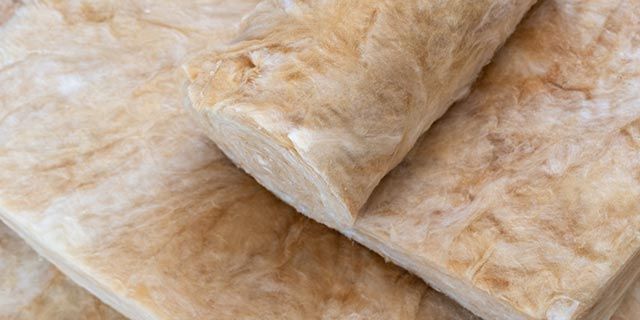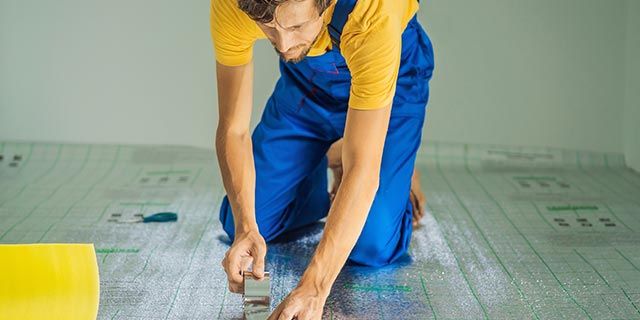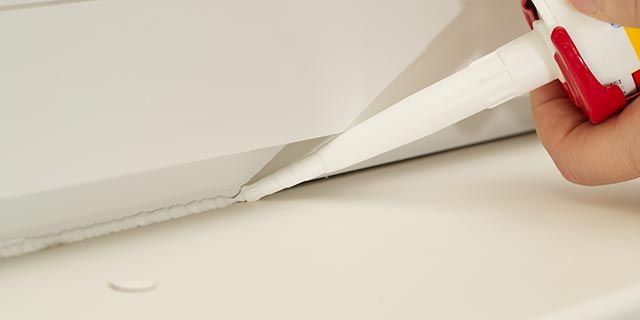Insulating a static caravan for winter is not just a luxury; it's a necessity. Static caravans, often seen as a home away from home, provide a cosy retreat for many during the warmer months. But as winter approaches, the biting cold can turn this haven into a chilly, uncomfortable space. Proper insulation ensures that the caravan remains warm, energy-efficient, and free from issues like dampness and mould.
But why is insulation so crucial? And how does one go about it? In this article, we'll step into the world of caravan insulation, offering tips, tricks, and a step-by-step guide to ensure your static caravan is winter-ready.
The concept of insulating might sound daunting to some, especially if you're new to the world of caravans. But think of it as wrapping your caravan in a warm blanket, protecting it from the harsh winter elements.
Just as you wouldn't step out into the cold without a coat, your caravan too needs that protective layer. And while the initial investment might seem substantial, the long-term benefits in terms of reduced energy bills and increased comfort are well worth it.
So, are you ready to embark on this insulation journey? Let's dive in!
Insulation works by slowing down the transfer of heat. In the context of a static caravan, this means keeping the warmth inside during winter and preventing the cold from seeping in. But where do you start?

When it comes to insulating your caravan, the choice of material is paramount.
Traditional materials like fibreglass are popular due to their effectiveness and affordability.
However, newer materials like spray foam offer a more comprehensive coverage, filling in gaps and crevices with ease.

It's not just about the walls. The floor and roof of your caravan play a significant role in heat retention.
Ensure that all three are adequately insulated to maximise warmth.

Ever stood next to a poorly insulated window in winter? It's almost like standing next to an ice block.
Double-glazing your windows and sealing any gaps around doors can make a world of difference.
Before diving in, take stock of your caravan's current insulation. Are there any existing materials? What's the state of your windows and doors? This assessment will guide your insulation journey.
As mentioned earlier, the choice of material is crucial. Research the pros and cons of each and choose one that suits your needs and budget.
Lay down insulation boards or use spray foam for a thorough job. Ensure there are no gaps.
Depending on the construction of your caravan, this might involve removing interior panels. Once done, lay down your chosen insulation material, ensuring it's snug and gap-free.
Heat rises, making the roof a critical area for insulation. Follow the same process as the walls.
Consider double-glazing if not already done. Use sealants to close any gaps around doors and windows.
Once done, test your caravan. You should notice a significant difference in warmth and comfort.

Did you know that the concept of insulating spaces dates back thousands of years?
Ancient civilisations used materials like mud, straw, and even animal hides to keep their dwellings warm. Fast forward to today, and while the materials have evolved, the principle remains the same.
The caravan industry, in particular, has seen significant advancements in insulation techniques, ensuring that modern caravans are more energy-efficient and comfortable than ever before.
Insulation ensures your caravan remains warm, reduces energy bills, and prevents issues like dampness and mould.
Yes, with the right materials and guidance, you can undertake a DIY insulation project.
It's a good practice to check annually, especially before winter sets in.
Use sealants or additional insulation material to fill in any gaps.
Yes, materials like sheep's wool and cellulose are eco-friendly alternatives to traditional insulation materials.
Insulating your static caravan for winter is a wise investment. Not only does it ensure a cosy and comfortable space, but it also leads to significant savings in energy bills. With advancements in materials and techniques, insulating has become more efficient and effective.
So, as the cold months approach, take the time to insulate your caravan. After all, there's nothing like enjoying a warm cuppa in your snug caravan, watching the snowfall outside, is there?
RELATED ARTICLES - advice and support
Published on 09 October 2023 By Jenny Blumsom